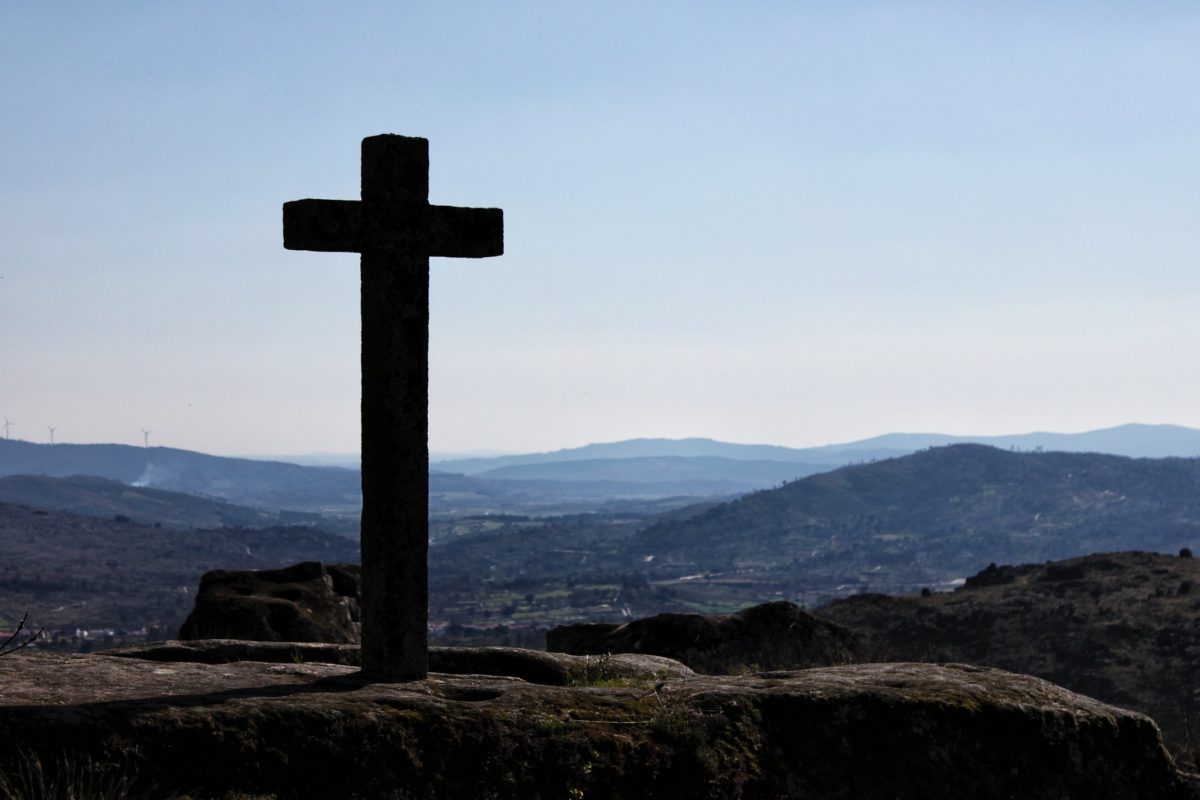Poor Thomas. Always the Sunday after Easter. Always misunderstand. We think Thomas doubts, but he doesn’t. As if that is a bad thing. As if faith can be faith without doubt. Or, we preach a kind of banal message that says doubt is a part of faith, as if a few qualms about creeds here and there over a lifetime are the same thing as questioning whether someone can come back from the dead.
We think Thomas demands proof, but he doesn’t. As if proof beyond a reasonable doubt is even something that’s possible, given the presented circumstances. There is nothing, after all, reasonable about any of this.
Nothing reasonable about an empty tomb.
Nothing reasonable about “I AM the resurrection and the life.”
Nothing reasonable about promises kept. Or promises incarnated.
Nothing reasonable at all.
But that his how we tend to interpret Thomas, that he is trying to reason this whole thing out. That his ultimate goal is to put all of the pieces together into some sensible whole. When, in fact, all Thomas wants, all Thomas needs, is what everyone else had and, if we are honest, what we want — to see Jesus. One more time. Mary saw the Lord. The disciples saw the Lord. Because the Word made flesh isn’t — if you can’t see and feel Jesus one last time.
When we insist that Thomas needs proof, we assume that resurrection can be proven. We assume our own deepest desire for evidence of an empty tomb. We assume that resurrection can be validated against the world’s ideas of what resurrection means. We assume that resurrection is only a one-time event and not something that changes all of life’s events. And once we go down that road, faith ceases to be faith.
The world takes advantage of our need for proof. The world takes advantage of our misgivings, our fears, our reservations. Making Easter an avenue for one’s own gain. Making Easter an opportunity for profit. And so the current president of the United States can turn Easter into self-aggrandizement — a tweet touting that he has never been happier because our country is doing so well and our economy is the “talk of the world.” Ignoring the more than 300 dead in Sri Lanka. A major arts and crafts store in the United States can take out a full page ad, page three in Section A, the main section of the Star Tribune (the Minneapolis newspaper) on Easter Sunday, to evangelize — Do you know Jesus as your savior? — and, to offer you a free bible download on your phone. A store that is, ironically, or hypocritically we might say, not open for business on Sundays.
And so, to what Thomas gives witness is something so easily overlooked. So subtle, in fact, especially in the midst of a kind of resurrection mentality these days that so quickly slides into glory. It’s easy to do, after all. The church has less and less going for it lately, it seems. And it’s hard to justify its existence and voice when companies and corporations have co-opted the Easter message, and perhaps couched it in more appealing ways.
So, we have to listen harder and lift up the voices of resurrection who speak truth — like Pastor Peter Coen-Tuff, “Faith is not about having all the answers. Faith really helps us acknowledge our grief, continue on in life and continue to struggle with all the questions and the heartache that goes with it.” This was written the first Easter for he and his wife, Pastor Karla, after the death of their daughter, Rachel, one of my former students actually, only 29-years-old, last July.1
Thomas helps us to linger, just a little bit, just for a little while; to remember that the grief was real. Thomas tells us that it’s ok. Because we forget to wonder, to question, and to sit in that lingering for a while. Why? Is it because Lent gets so long and the relief of the resurrection is palpable? Is it because after so many years, cynicism and sarcasm have seeped in and the resurrection is, well, meh? Is it because we are in a place in our lives when resurrection seems like the only hope we have? And even a hope like that, so strong, so intense, carries its own fear?
We get so caught up in the sign, the promise of resurrection for our future. We seem so eager to go on to the next miracle. We are so quick to move on. Even to take the resurrection for granted. We are so quick to think that we could actually “get it” given a judicious amount of time. We are so quick to hope that promises come true, and forget that Jesus’ promises are like no other promises made.
And so, Thomas is the one who gets that the Word became flesh. The empty tomb means nothing without a body. Resurrection means nothing without one more encounter with the Lord whose death you grieved and whom you loved — so very much. Thomas reminds us of that part of resurrection we’d like to forget, that place where we find ourselves here and now — peering longingly into the empty tomb all the while believing, fiercely, in the resurrection yet to come.
Karoline
Notes:
- Pamela Knudson, “Living faith: Pastors bring Easter message–faith is not about having all the answers, but trusting God’s promises,” Grand Forks Herald, https://www.grandforksherald.com/lifestyle/faith/4601447-living-faith-pastors-bring-easter-message-faith-not-about-having-all-answers?fbclid=IwAR3a4ugXyaDAYE2LGIO8wjo0brzGAehxb1-ZEYf21IOdfjqVr7mLOWN_ZzM

